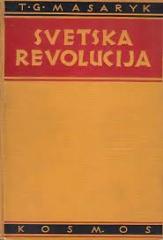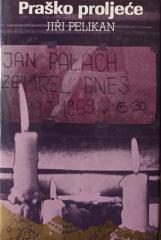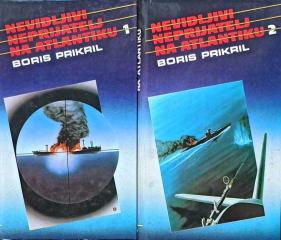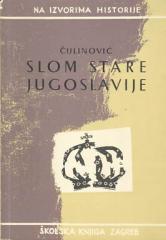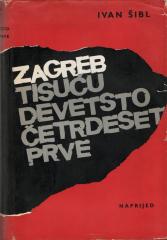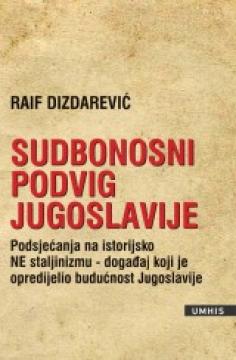
Sudbonosni podvig Jugoslavije: Podsjećanje na historijsko NE staljinizmu, događaj koji je opredijelio budućnost Jugoslavije
Knjiga Raifa Dizdarevića, jednog od posljednjih živih aktera jugoslavenske diplomacije, predstavlja njegovu rekonstrukciju najsudbonosnijeg trenutka poslijeratne Jugoslavije – razlaza sa Staljinom i Informbiroom 1948–1953.
Autor detaljno opisuje genezu sukoba: od prvih nesuglasica 1945–1947. (vojna pomoć, Balkan-federacija, Tršćansko pitanje) do konačnog pisma CK KPSS od 27. marta 1948. i Rezolucije Informbiroa (28. juni 1948). Posebno naglašava unutrašnju borbu u vrhu KPJ: kako je Tito, uz Kardelja, Đilasa i Rankovića, donio odluku da se ne povinuje Staljinu, iako je SSSR bio oslobodilac i glavni oslonac.
Središnji dio knjige čine dramatični događaji 1948–1949:
- masovni pritisak Istočnog bloka (ekonomska blokada, povlačenje stručnjaka, granični incidenti)
- hapšenja i procesi ibeovcima (Dizdarević donosi nove podatke o broju žrtava i torturi na Golom otoku)
- tajni pregovori s Amerikancima i Britancima (prvi kontakti preko Roberta Joycea i jugoslavenske ambasade u Londonu)
- nastanak doktrine „trećeg puta“ i Zakona o samoupravljanju (1950) kao odgovor na sovjetski etatizam
Dizdarević tvrdi da je „NE“ Staljinu bilo presudno za opstanak Jugoslavije: bez tog čina, zemlja bi postala sovjetska gubernija poput Mađarske ili Bugarske. Knjiga završava ocjenom da je taj podvig omogućio nesvrstanost i relativnu slobodu, ali i stvorio trajnu traumu represije nad vlastitim građanima.
Lični ton, ranije neobjavljeni dokumenti i svjedočenja čine knjigu najpotpunijim domaćim prikazom tog razdoblja nakon Đilasovih i Dedijerovih memoara.
Jedan primjerak je u ponudi
